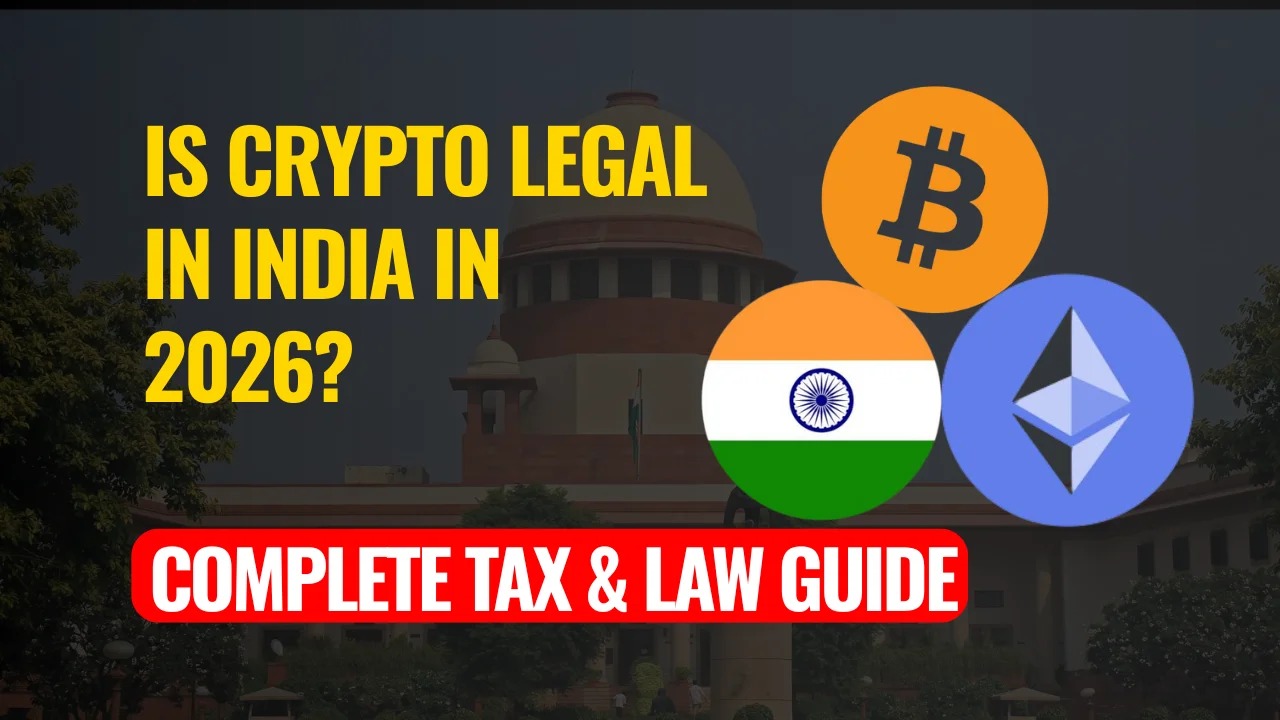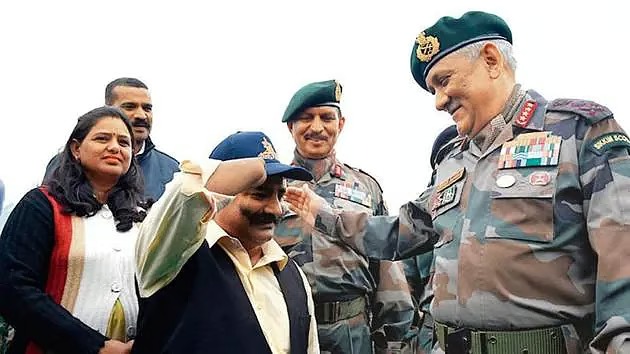1. In this revisional application under Article 227 of the Constitution of India the revisionist has sought to challenge Order No. 37 dated 16.6.2010 passed by the learned Civil Judge, Senior Division, Suri, Birbhum in Misc. Case No. 25 of 2009 whereby an application u/s 47 of the CPC was rejected and Misc. Case No. 25 of 2009 filed in connection with Money Execution Case No. 2 of 2007 was disposed of.
2. In support of this revisional petition it is submitted by Mr. Partha Dutta, learned Counsel, for the revisionist, that award passed u/s 128 of the West Bengal Co-operative Societies Act, 1983, (hereinafter referred to as the said Act) is to be executed through the certificate officer and /or collector as a public demand as envisaged in serial No. 6 of the Second Schedule of the said Act. It is, therefore, submitted by him that the learned Civil Judge, Senior Division, Birbhum, is not vested with the jurisdiction to entertain money execution case No. 2 of 2007 and to proceed with the same. According to him, Civil Court''s jurisdiction in respect of money execution proceeding is barred u/s 9 of the CPC in view of the expressed provisions of the said Act and the Rules framed thereunder.
3. In this context Mr. Dutta, learned Counsel, for the petitioners, refers to a ruling of the Full Bench of the Patna High Court reported in
4. Such submission is strongly disputed by Mr. D. K. Sengupta, learned Counsel, for the decree-holder/ opposite parties. It is submitted by him that as per rule 179 of the West Bengal Co-operative Societies Rules (for short said Rules), the award of the Arbitrator is enforceable only by a Civil Court having jurisdiction in the same manner as a decree of such Court. It is also submitted by him that so far Item No. 6 of the Second Schedule is concerned, it can safely be said that the same is not applicable since the Registrar or any person authorised by him or by the cooperative society never made any requisition for treating the dues payable u/s 128 of the said Act as public demand. Therefore, the question of execution of award passed u/s 128 of the said Act through a certificate proceeding does not arise. It is further argued by him that the money execution proceeding was initiated through Execution Case No. 2 of 2007 on 29.1.2007 for execution of the award amounting to Rs. 25,67,729/ -. In the said proceeding the judgment-debtor petitioner filed an application u/s 47 of the Code of Civil Procedure. Surprisingly enough in that petition the judgment- debtors did not challenge the award in question contending specifically that the Civil Court had no jurisdiction to proceed with the money execution case. According to him, such petition u/s 47 of the CPC has now been filed as dilatory tactics and the judgment-debtors are interested in evading the financial liability involved in the award under reference. They further did not care to challenge the said award passed in the year 2006 by preferring any revisional application which they are entitled to u/s 137 of the said Act. Therefore, the learned Counsel, for the respondents, forcefully submits that the revisionists have not come before this Court with a clean hand and this application under Article 227 of the Constitution is, therefore, not maintainable and further that the learned Court below has rightly dismissed the application u/s 47 of the Code of Civil Procedure.
5. I have very carefully taken into consideration the rival submissions so advanced by both sides. I am not impressed by the argument that the Civil Court had no jurisdiction to entertain money execution proceeding which arose out of award passed by the A.R.C.S. and Arbitrator in dispute case No. 125 of 2004-2005. It is abundantly clear from Rule 179 of the said Rules that award passed by the A.R.C.S. is executable only by the Civil Court having local jurisdiction in the area. There is no doubt that Item No. 6 of Second Schedule refers to the dues payable by a member u/s 128 and the same are recoverable by initiation of a certificate proceeding provided the requisition is filed by the Registrar or any other person authorised by him for treating the dues as public demand. In such circumstance, only a certificate proceeding may be initiated. The decision of the Full Bench of the Patna High Court also speaks in unequivocal term that the notice for realisation of the amount in a certificate proceeding as a public demand can be issued without any prior adjudication and in that situation the requisitionist would have to justify its claim before the Certificate Officer. The certificate officer would consider and decide whether the certificate demand had any justification. Therefore, admittedly whenever the Registrar had not filed any such requisition for initiation of a certificate proceeding in respect of dues recoverable u/s 128 of the said Act, the question of filing any certificate proceeding as per serial No. 6 of Second Schedule of the said Act does not arise. Further, Rule 223 read with section 132 of the said Act provides that any sum payable is recoverable in the manner provided in the Second Schedule to the Act or as the decree of a Court under the Code of Civil Procedure. In such view of the matter, I am afraid, in the absence of an appropriate requisition in this regard by a competent officer, Mr. Dutta''s argument that as per Rule 223 read with section 132 of the said Act the amount is recoverable through a certificate proceeding is not tenable.
6. Having regard to the facts and circumstances of this case as disclosed at this stage, I am of the opinion that the learned Executing Court is justified in rejecting the petitioner''s prayer u/s 47 of the CPC. It has rightly been commented upon the deliberate inaction on the part of the judgment-debtors in not filing any application to set aside the award in question before the appropriate forum. They kept quiet for a pretty long time in this regard, and thereafter, when the order of attachment was passed, this application u/s 47 of the CPC had been filed.
7. In such circumstances, I feel constrained to opine that the judgment-debtors have failed to show bona fides. In fact, they have sought to challenge the execution proceeding on frivolous grounds. In my considered opinion, the money execution proceeding pending before the learned Court below is maintainable.
8. In view of foregoing discussion the order impugned need not be interfered with. Accordingly, the Order No. 37 dated 16.6.2010 passed by the learned Executing Court stands affirmed.
9. Mr. Dutta has, however, ventilated certain grievances of the judgment-debtors. According to him, the execution proceeding in question has been filed claiming realisation of an amount of more than Rs. 25,00,000/- as per award passed in the year 2006, without taking into consideration the details of deposits with the B. D. Central Co-operative Bank Limited, Sainthia Branch, from 13.11.2001 to 11.4.2002 as per Annexure "P4" of the revisional application.
10. However, Mr. Sengupta raises serious objection to such submission. It is contended inter alia by him that it would be evident from the Bank''s statement that all his claims have duly been adjusted. At any rate, this Court is not in a position to adjudicate the dispute arising out of claims and counter-claims by the contesting parties. These questions of facts are to be adjudicated by the Executing Court on a proper consideration of documentary evidence on record.
11. Therefore, I think it expedient in the interest of justice to direct the Executing Court to take into consideration the details of deposits as shown in "Annexure P4" together with the Bank''s statement which would be made available to him in course of hearing of the execution proceedings for the purpose of proper adjudication of the claims and counter-claims put forward by the rival parties. On proper consideration of the materials on record in its right perspective he would proceed to execute the award in question and dispose of the Money Execution case No. 2 of 2007 in accordance with law within four weeks from the date of communication of this order. However, observations, if any, made for the purpose of disposal of this revisional application are absolutely tentative and the learned Executing Court need not take the same into consideration while disposing of the Money Execution Case No. 2 of 2007.
12. C.O. 1701 of 2011, thus, stands disposed of with the observations as above.
13. There will be no order as to costs.
14. Let urgent xerox certified copy of this order, if applied for, be delivered to the learned Counsel, for the parties, upon compliance of all usual formalities.

